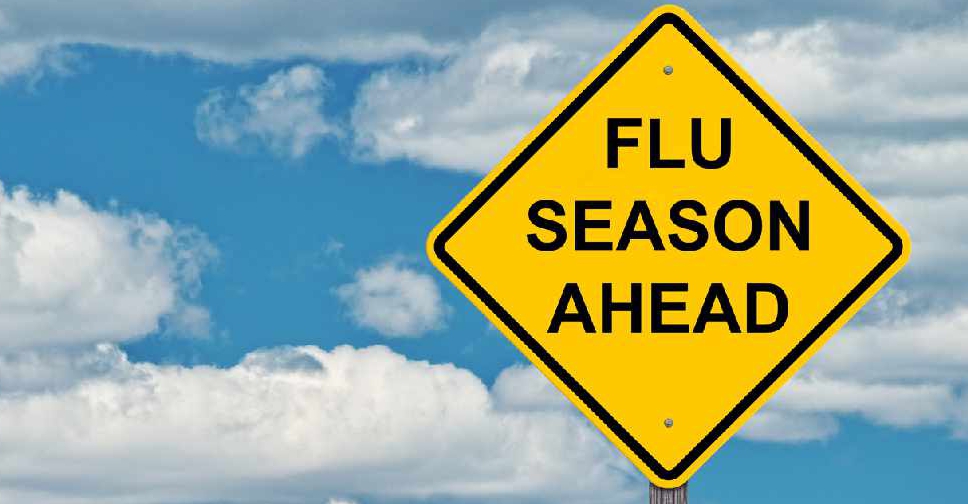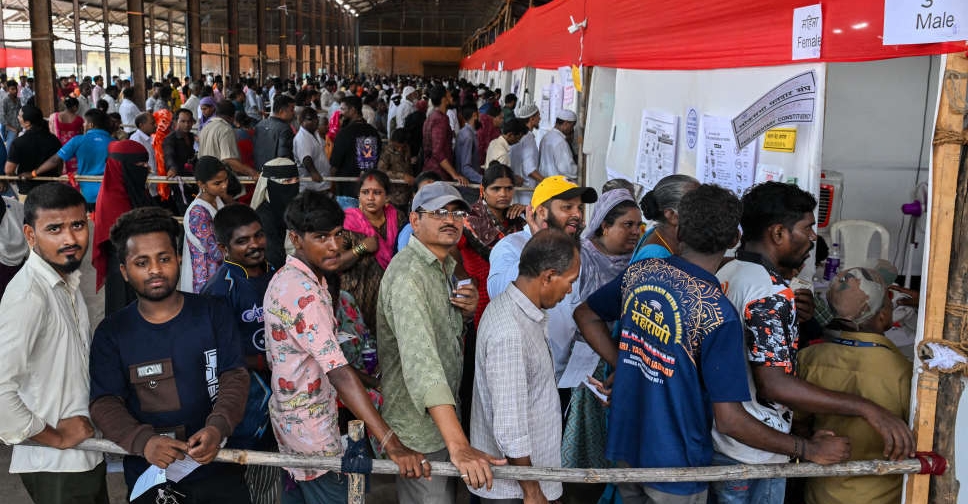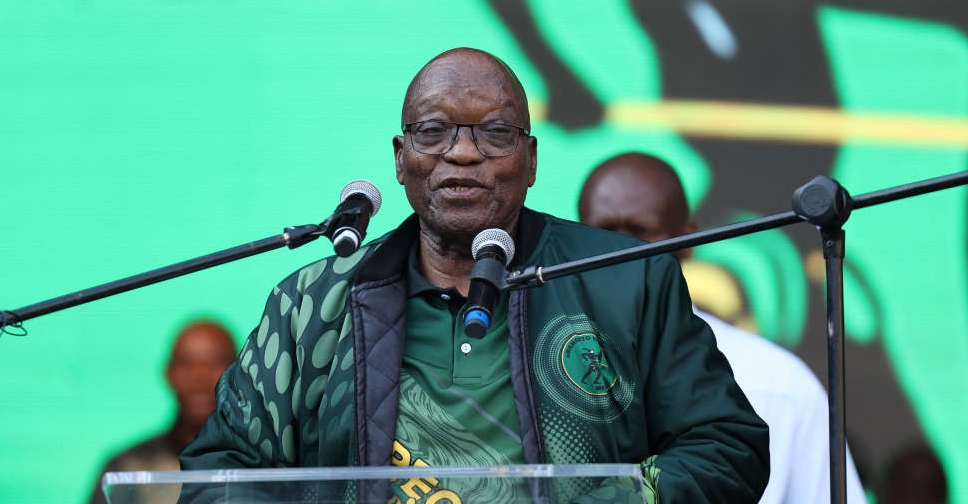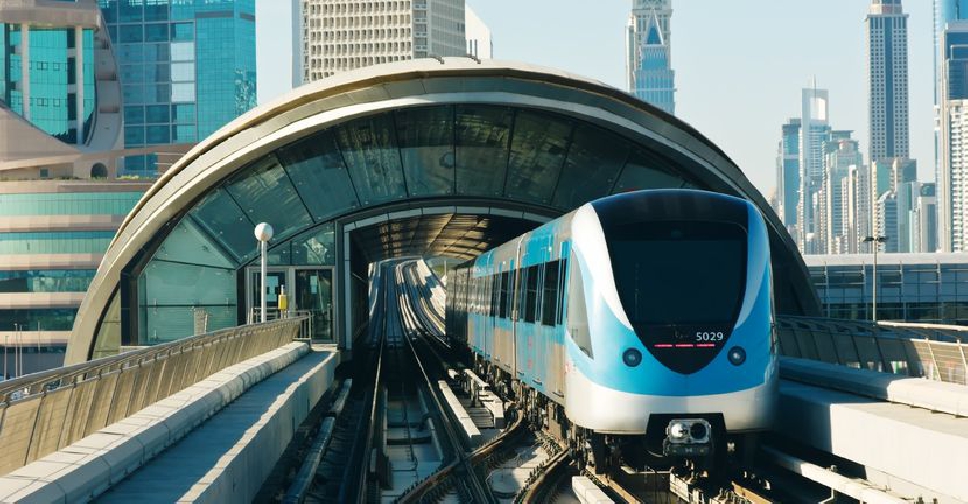
South Korean officials refused on Thursday to suspend a seasonal influenza inoculation effort, despite growing calls for a halt after the deaths of at least 25 of those vaccinated.
Health authorities said they found no direct links between the deaths and the vaccines.
At least 22 of the dead, including a 17-year-old boy, were part of a campaign to inoculate 19 million teenagers and senior citizens for free, the Korea Disease Control and Prevention Agency (KDCA) said.
"The number of deaths has increased, but our team sees the low possibility that the deaths resulted from the shots," the agency's director, Jeong Eun-kyeong, told parliament.
South Korea ordered more flu vaccines this year to ward off what it calls a "twindemic", or the prospect that people with flu develop coronavirus complications and overburden hospitals in winter.
"I understand and regret that people are concerned about the vaccine," said Health Minister Park Neung-hoo, who confirmed the free programme would go ahead.
"We're looking into the causes but will again thoroughly examine the entire process in which various government agencies are involved, from production to distribution."
Vaccine providers include domestic firms such as GC Pharma, SK Bioscience, Korea Vaccine and Boryung Biopharma Co. Ltd., a unit of Boryung Pharm Co. Ltd., along with France's Sanofi.
They supply both the free programme and paid services that together aim to vaccinate about 30 million of a population of 52 million.
Of the 25 dead, 10 received products from SK Bioscience, 5 each from Boryung and GC Pharma, one from Korea Vaccine and four from Sanofi.
All four domestic firms declined to comment, while Sanofi did not immediately reply to requests for comment.
It was not immediately clear if any of the vaccines made in South Korea were exported, or if those supplied by Sanofi were also being used elsewhere.
The Korean Medical Association, an influential grouping of doctors, urged the government to halt all inoculation programmes for now, to allay public concerns and ensure the vaccines were safe.
Kim Chong-in, leader of the main opposition People Power party, wanted the programme halted until the causes of the deaths were verified.
But health authorities have said a preliminary investigation into six deaths found no direct link to the vaccines, with no toxic substances uncovered.
KDCA data on Thursday showed at least seven of the nine people it investigated had underlying conditions.

 Iranian President Raisi killed in helicopter accident, state media says
Iranian President Raisi killed in helicopter accident, state media says
 Israel intends to broaden Rafah sweep, Defence Minister tells US
Israel intends to broaden Rafah sweep, Defence Minister tells US
 New Taiwanese president calls on China to stop threats
New Taiwanese president calls on China to stop threats
 India votes in fifth phase of elections
India votes in fifth phase of elections
 South Africa's ex-leader Zuma barred from running for parliament
South Africa's ex-leader Zuma barred from running for parliament



